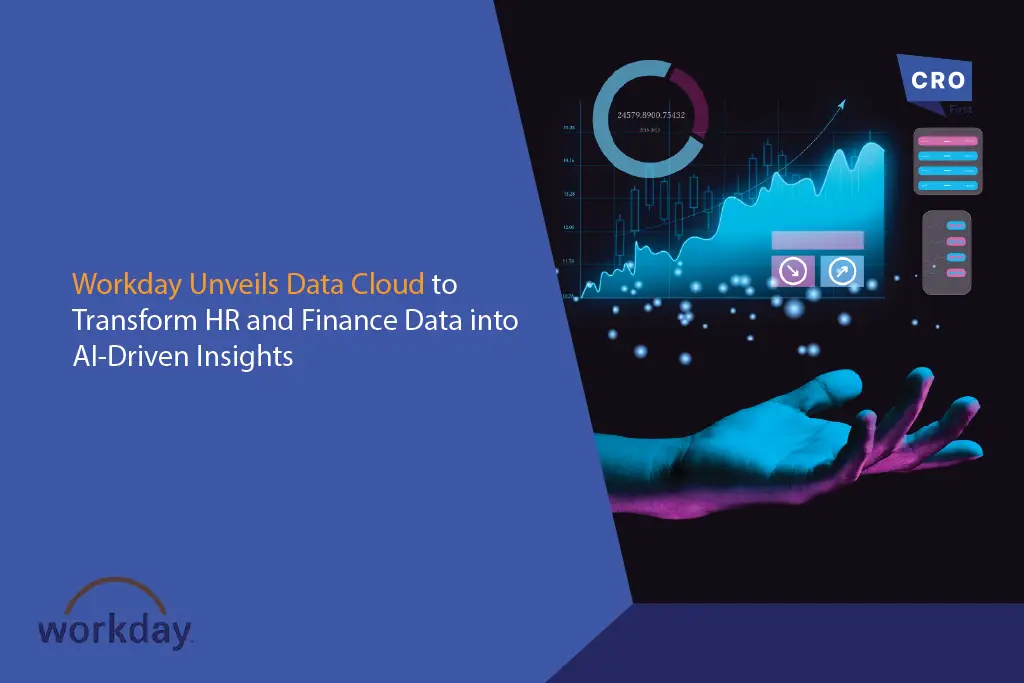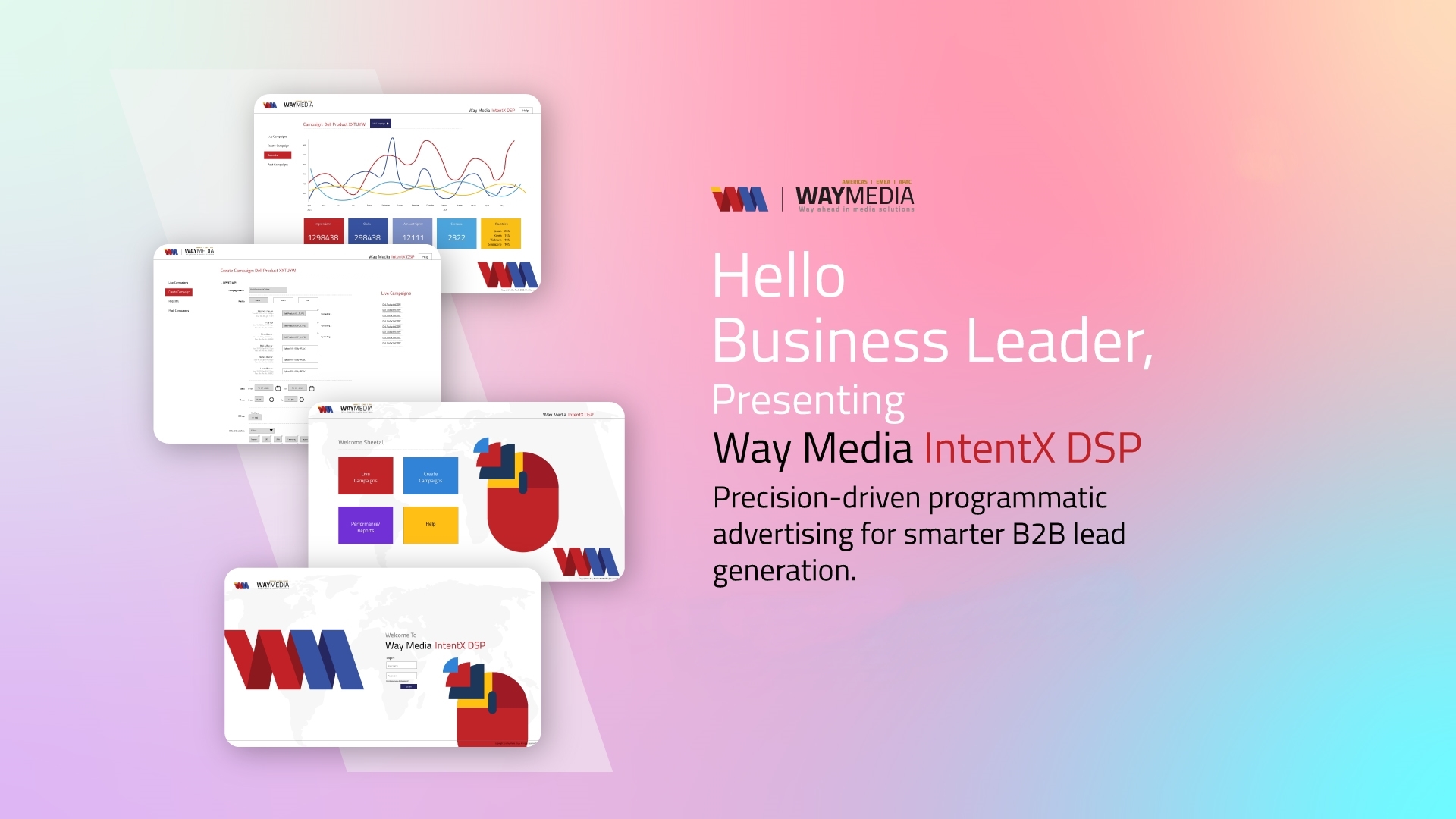At Workday Rising 2025, Workday, Inc. unveiled Workday Data Cloud, a new data layer designed to help organizations fully leverage their HR and finance data by seamlessly connecting it with customer, market, and operational systems. The solution aims to provide secure, real-time insights that accelerate AI innovation and transform decision-making.
A central feature of Workday Data Cloud is its zero-copy data-sharing model, which eliminates costly exports and duplications by giving customers direct access to trusted HR and finance data within platforms they already use. Partnerships with Databricks, Salesforce, and Snowflake will allow businesses to unify data across ecosystems and generate actionable insights. For instance, retailers could combine employee engagement data from Workday with sales performance metrics in Snowflake, while finance teams could connect Workday’s financial data with market signals in Databricks for real-time forecasting.
“Too often, the most valuable data inside organizations is locked away – hard to access, slow to move, and costly to connect,” said Gerrit Kazmaier, president of product and technology, Workday. “With Workday Data Cloud and our zero-copy approach, customers will finally have simple, secure, and open access to their most trusted data – fueling a new generation of AI-powered innovation.”
Also Read: Datalogz Launches BI Similarity, a First-of-Its-Kind Toolkit to Eliminate Duplicate Reports
Key capabilities include:
-
Workday Data Lake, a curated catalog of Workday business objects across HR, payroll, and finance for a single source of truth.
-
Workday Data Connect, enabling bi-directional, zero-copy sharing with Databricks, Salesforce, and Snowflake.
-
Workday Live Data Query, providing direct SQL access for faster analytics and AI model development.
-
Workday Prism, extending data integration with inbound zero-copy queries from external platforms.
Industry partners highlighted the strategic impact of breaking down silos. Snowflake’s EVP of Product, Christian Kleinerman, called the collaboration “a major step forward,” while Databricks and Salesforce executives emphasized the ability to unify and govern data at scale to drive competitive advantage.



